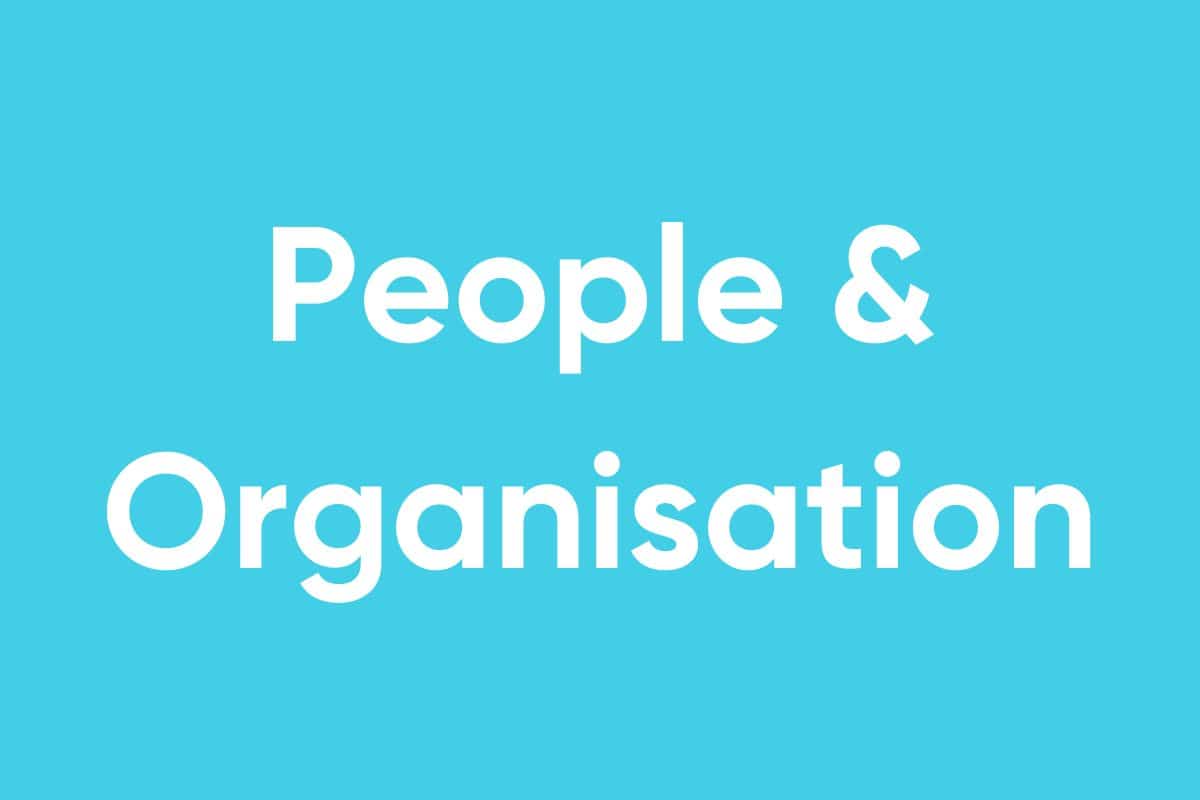Michael: Sure. First of all, I would like to thank you for inviting me to this interview. I am very happy to talk with you about this topic. To give you an overview of my background: I describe myself as an EdTech CEO with Fortune 500 experience and divide my career into three stages.
In the first stage after my studies, I worked in investment banking at Goldman Sachs. There I learned the basics of finance as well as how investors think.
For a career change, I then went back to business school and into brand management: B2C marketing at Procter and Gamble. I figured if I can sell soap for $10, I can sell basically anything. I learned there how to run a company, how to increase sales and how to set up processes and structures of an organization.
At that point, I realized that I wanted to go in the direction of educational technology. First, I was the CEO of Terra Education, a start-up that provides educational travel programs for youth and adults. I joined as an external CEO. It was a very successful experience: we made the company profitable in the first year, doubled sales and increased investor capital six-fold without raising additional capital.
Now I am the CEO of Lingoda, Europe’s leading online language school. We offer 24/7 online and live classes in English, German, French and Spanish. The Berlin-based company was founded in 2013 by two German entrepreneurs from Cologne: Fabian and Felix Wunderlich. I have been with the company since late 2017, when I joined as Managing Director with responsibility over Marketing and Finance. In 2018, I became CEO. So far, we have increased sales tenfold with virtually no cash burn.
So far, we have increased sales tenfold with virtually no cash burn.
That’s impressive, Mike. Thank you very much. The topic we’d like to delve into a bit today is what founders need to consider when thinking about bringing on board an external CEO, but also what CEOs should look for when taking on such a position. What were your success factors?
Michael: Sure. I would build the answer to the question on three levels.
The first thing to consider as a prospective external CEO is to understand whether the founders want to be “king” or “rich.” This division is based on a concept from the book “The Founder’s Dilemma” by Noam Wassermann, a longtime professor at Harvard Business School. The point is to understand which of the two goals the founder is pursuing or which one he embodies.
Either they want to be the “king”, in which case they try to optimize control in the company. They have the vision, the desire to build a company, and they are eager to lead the company. Or, they may want to be “rich,” which means they focus on financial returns. Here, in the end, the founder doesn’t care who runs it as long as the company is successful. The most important thing about a good relationship is to know from the beginning what drives the founders: If the founders are driven by wealth and not by the “king idea,” then it’s a good start. If it’s the other way around, it’s pretty difficult.
The first thing to consider as a prospective external CEO is to understand whether the founders want to be “king” or “rich.” Either they want to be the king, in which case they try to optimize control in the company. (…) Or else they are driven by wealth, which means they focus on financial returns.
The second thing says: be humble and ready to prove yourself. What do I mean by that? You have to want to listen and understand what it’s all about, because the founders have a clear vision of their idea and are successful for a reason.
So before you get your hands dirty and get started, you should understand how the business runs and what works. According to this understanding, you should pitch in yourself. You should not sit on the high throne, but dive deep, help and learn. Make sales appointments, attend a marketing meeting, use the product and talk to customers.
As a personal example, at Terra Education, my last startup, I traveled across the country as a sales representative to meet with customers. I worked at two or three o’clock in the morning at the company emergency number to solve problems in different countries. These are experiences that really helped me understand how the business works. At the same time, I was able to show the founders that I was really interested in the processes and wanted to understand them.
The second thing says: be humble and ready to prove yourself. What do I mean by that? You have to want to listen and understand what it’s all about, because the founders have a clear vision of their idea and are successful for a reason.
The third aspect is to be a chameleon. Here I mean being flexible to different working styles and cultures, because the way the founders work will be different from their own, and from the previous company.
Let’s dig deeper into this. A founder has decided that now is the right time to hire an external CEO. What should you look for in CEO resumes?
Michael: That’s an incredibly important question. Because if you hire the right person, things can go very well. In turn, if you hire the wrong person, things can go really wrong. I think the first thing founders should do is look deep inside themselves, be honest and ask: do you want to be the “king” or do you want to be “rich”?
If you want to pursue the “King Idea” as a founder, I think there must be a revival experience. One is comfortable with possibly giving up control. Either you stay with the company but take on a different role, or you leave and do something completely different. This is quite common because what most founders are good at is starting a business, but not necessarily running and developing a business.
Second, as a founder, you need to be clear about what or what skills you are looking for. As with any other hiring process, you should be aware of what you are missing from your team, what the goals and vision of the company are, and what skills and experience are needed without compromise.
The third thing is to hire someone who has held such a position before. When you come into a company as an external CEO, you have to work very well with the founders. You have to be able to work well with the way the company works. At the same time, you have to deliver numbers. That’s why it’s important to hire someone who has already done these tasks.
As with any other hiring process, you should be aware of what you are missing from your team, what the goals and vision of the company are, and what skills and experience are needed without compromise.
If a CEO is offered a job as external CEO of a start-up company, what should he or she look out for? What should be the decision criteria whether he or she takes the job or not?
Michael: That is indeed a very interesting question and I would probably have answered it differently 11 years ago than I do today. I call it answering the three “E’s.” E for “envision”, E for “engage” and E for “enable”.
The first E, “envision,” is all about vision. What is the Promised Land? Why are there people here? Where are we all headed? To put it briefly: the strategy, the vision, the mission. It’s all about the big picture. Looking at that is the first thing the CEO or CEOs should do.
The second E, “engage,” is about engaging people. That means hiring the right people at the right time and investing in their development. The right people at the right time will make all the difference.
Once you have the right people, you have to empower them. You have to set them up for success by creating just the right amount of processes. You have to communicate clear goals and expectations, give feedback both constructively and say what’s going well. And show them the limits of their remit.
In summary, it doesn’t really make a difference whether they come in as an external CEO or just a CEO because the role is ultimately the same.
I call it answering the three “E’s.” E for “envision”, E for “engage” and E for “enable”.
As a private equity fund, we are of course often confronted with the issue of having to bring an external CEO on board if the shareholder board agrees. Would you like to make a final comment on the subject?
Michael: I’ve held two CEO positions so far, each of which helped me take a successful company to the next level. I think that this is a special ability.
As mentioned above, founders who start a business need special skills, while to operate and develop this venture again requires other skill. Each ability is different. I always encourage people to think about this: do you want to be the “king” or do you want to be “rich”?
If the answer is wealth, finding an external CEO is the right thing to do. It’s a process that certainly takes a lot of time because you have to find a match on so many different levels, whether it’s the skills you’re looking for or the corporate culture.
This decision can be one that changes the entire dynamic of a company. And I can only hope that Fabian and Felix Wunderlich and the founders of my last company will say that the decision to bring me into the company was the right one.
Founders who start a business need special skills, while to operate and develop this venture again requires other skill.














